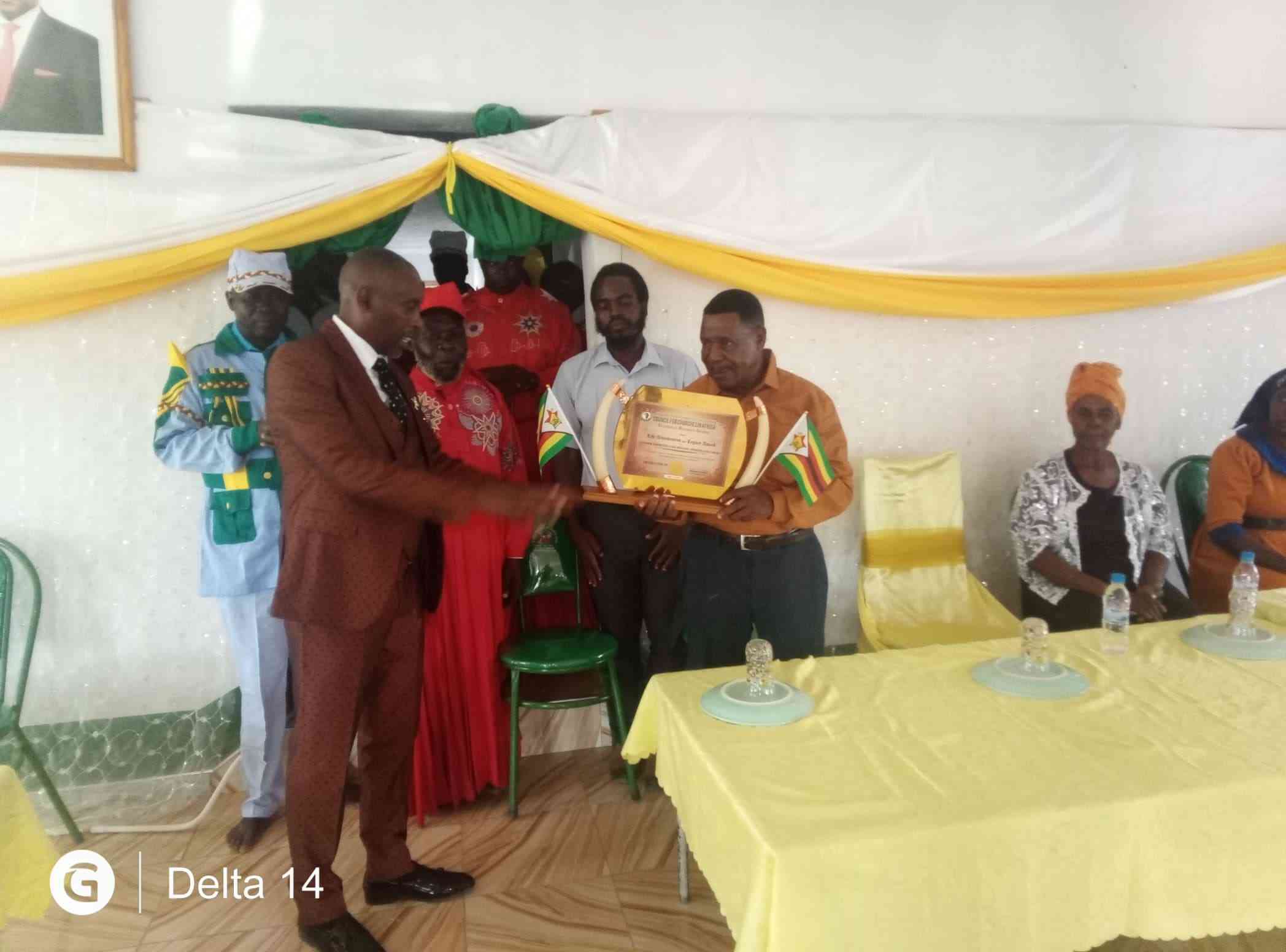
September 22 is World Rhino Day. Awareness of the critical situation facing the rhinoceros, of which five species remain worldwide, is thankfully gathering the momentum it needs. But will it be too little, too late?
Outdoor with Rosie Mitchell Three of these five rhino species are classified by the International Union for Conservation of Nature (IUCN) as Critically Endangered — the Black Rhino, the Javan Rhino and the Sumatran Rhino. The Indian or Greater One-Horned Rhino is classified as vulnerable, and the White Rhino, near threatened. Critically endangered is the highest IUCN wild animal risk category and is ascribed to species facing an extremely high risk of extinction in the wild.
Endangered species face a very high risk of extinction. Vulnerable species are deemed likely to become endangered unless circumstances threatening survival and reproduction improve. Near threatened species may be considered threatened with extinction in the near future; while the term threatened encompasses the three categories, critically endangered, endangered and vulnerable. Threatened species are also referred to as Red-Listed as they are found in the IUCN Red List of Threatened Species.
The Sumatran Rhino has been on earth longer than any other living mammal. Less than 100 remain in the wild. The Javan Rhino is considered probably the rarest mammal on earth, with somewhere between 37 and 44 remaining in the wild.
By far the majority of the world’s precious remaining rhino populations live in our own southern African region, including, in this country. South Africa, home to the largest populations, has been the target of horrific levels of poaching, with 333 rhino killed in 2010, 448 in 2011 and 668 in 2012.
This year, to August, the number of rhino gruesomely and cruelly killed for their horn in South Africa now stands at a staggering 587. The South African government continues to intensify the fight against rhino poaching, both via more effective law enforcement using various agencies including the army, with much stiffer sentencing, and by negotiating Memoranda of Understanding with key countries to help in the fight.
These include Mozambique, from which country many poachers move in on rhino by crossing into the all-too-easily permeable 375 km border with Kruger National Park, which has lost 362 rhino to poaching this year, in spite of drastically increased security involving police and military units, drones and helicopters, to assist combat-trained rangers, patrolling day and night.
World Rhino Day commemorations at Lake Chivero
- Chamisa under fire over US$120K donation
- Mavhunga puts DeMbare into Chibuku quarterfinals
- Pension funds bet on Cabora Bassa oilfields
- Councils defy govt fire tender directive
Keep Reading
The Animal and Wildlife Area Research and Rehabilitation (Aware) Trust with National Parks is organising a weekend World Rhino Day Commemoration in Lake Chivero National Park, home to rhino that the Trust has assisted to de-horn — since when, there have been zero losses to poaching. De-horning is one among several strategies used to reduce rhino poaching and must be done regularly, since rhino horn, like finger nails and hair, does re-grow — and indeed, comprises the same components as these, nothing more! It is a very expensive exercise and requires constant fund-raising efforts by Aware Trust to finance de-horning campaigns. These are done in full cooperation with National Parks and under strict controlling regulations and procedures.
Many people living in the capital are unaware of the well-stocked (and well-protected and patrolled) game park at Lake Chivero, and the well-equipped National Parks lodges, chalets and camping site, all very reasonably priced. This is a great place to go for a weekend break, without having to travel far at all. Aware Trust is organising a fund-raising Walk, Run and Mountain Bike Ride for Rhino on September 28 in the National Park in co-operation with parks personnel and is encouraging participants to make a weekend of it and come out to the lake for the day or the full weekend.
The Rhino Run Ride and Walk, with distances of 5km, 10km and 20km on well-marked routes with marshals, National Parks Rangers and “watering holes” along the way, starts at 9am on Saturday September 28. Registration opens at 8am, and fees are US$10 for adults, US$5 for children under 12, with all proceeds to Aware Trust for Rhino Conservation Projects. Parks Fees (very modest at US$3 for adults, under 12 US$2, US$3 for your vehicle) are payable at the Park Entrance Gate and self-catering accommodation can be booked through National Parks. There is plenty of room for camping, too, also very modestly priced. Enjoy an evening in camp on Friday, do the Run/Ride/Walk, then relax out at the lake for the rest of the weekend, and either go on your own game drive, or book a game walk with a Parks Ranger, or visit some very good San cave paintings.
I shall most certainly be there for the weekend, along with various friends and family. Following the success and popularity of the Mukuvisi Woodlands 21 Run/Ride/Walk, then the Veterinarians For Animal Welfare (Vawz) Ride in the Mazoe hills, and various other such outdoor fun events to raise funds for great causes, I expect this event will appeal to many. I hope to run, medical advice permitting, as my arm cast comes off next week, to be replaced with a brace — thankfully, as I do miss my running a lot!
If you care about the plight of the rhino, this is just one of the ways you can lend the species your support — as well as actually see and enjoy some of these amazing animals. Supporting our National Parks by visiting them and enjoying them, plus supporting organisations like Aware which are working to conserve endangered animals, all helps to protect our wildlife for the future.
Feedback: rosie@wildimaginings.net.










